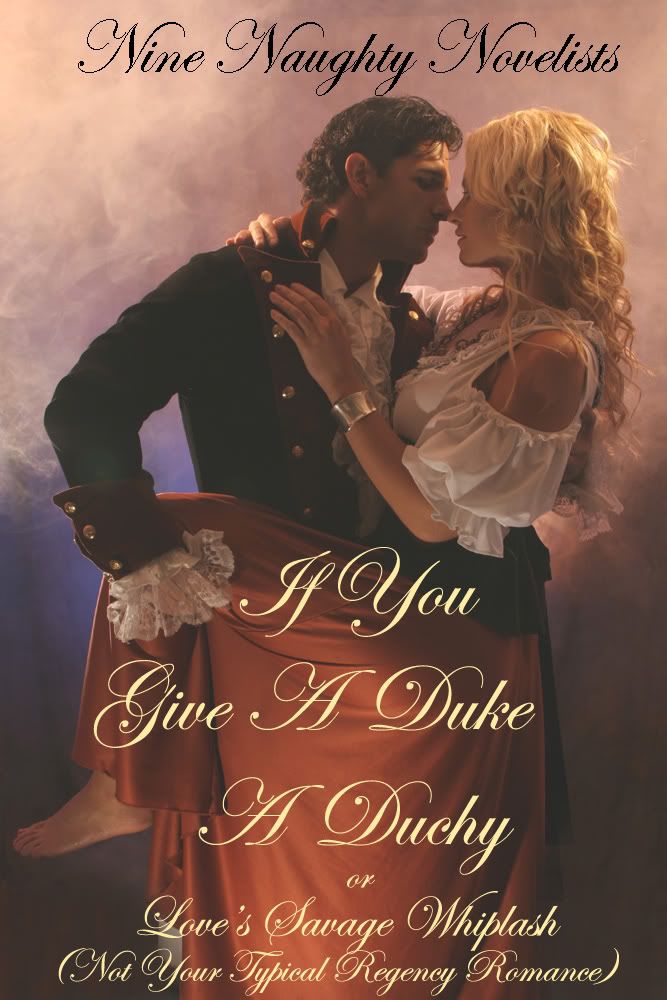
For someone who hates math, I do a lot of counting these days. At least I’m counting something I love.
Words.
Yep, I’m one of those writers who lives and dies by word count goals. When I’m working on a first draft, I write 3,000 words a day, by hook or by crook.  It doesn’t matter when, it doesn’t matter how. It doesn’t even matter how good the words are. But I won’t go to sleep until I make my word count.
It doesn’t matter when, it doesn’t matter how. It doesn’t even matter how good the words are. But I won’t go to sleep until I make my word count.
But sometimes I wonder…is this really the best method? Does it value quantity over quality? Would I be better off not worrying about how many words I write in a day, and instead make them fantastic, stellar words? Edit as I write, in other words. Some people work that way, very successfully.
Susan Elizabeth Phillips, for instance. She’s one of my idols, and her method is to make each sentence perfect before she moves to the next. By the time she’s done with a book, it’s already edited. I’m eaten up by jealousy over this, I admit. Wouldn’t it be lovely to craft a book perfectly the first time around?
When I finish my first draft, I know it’s just step one. Next come multiple revisions and polishes, and that’s before an editor ever sees it. My process is messy. My motto--get the words out, fix it later. 
For me, that’s where the real magic happens, when I get in there and make all those “vomit draft” words work.
Not to compare myself with another iconic romance writer, but I write more like Jayne Ann Krentz (at least in terms of process!) She says her first draft is a matter of figuring out what the book is really about. Then she writes several more drafts before she’s satisfied. Which goes to show you that everyone’s different and should find what works for them.
But what if my word count goals are actually holding me back? What if I could write 7,000 words a day, and I don’t even know it? What if my need for structure is hampering my inspiration? What is the point of generating words if they’re no good and you have to rewrite them later?
I don’t have any tried or true answers. All I know is that to make forward progress on a book, I need those numbers. I need math! I need 1,000 words, then a break for more tea. 500 more, and I can check my email. After 2,000, I can consider a snack. 2,500, hello, Twitter. At that point, I’m only 500 from a good day’s work. I need my words to pile up like clay on a pottery wheel. I’ll shape them up later. Maybe that sounds mundane and unglamorous, but that’s what works for me.
So what about other writers out there? How do you feel about word count goals? Thumbs up or down?


















4 comments:
As an author, I have a love-hate relationship with writing. I write more--and write better--with a word goal. Without it, writing is too easy to avoid.
It keeps me focused and helps me break through the tough parts.
I've seen more writers NOT finish a novel than finish one when they tried to perfect each chapter before moving on to the next.
But you have to do what works for you as a writer, because ultimately what matters is the end result.
Editing as you go is a great way to develop writer's block. Seriously. There were some studies several years ago of student writers who got blocked and that was why--they wanted it perfect the first time through. Me, I really get off on revision. I look forward to taking that crappy first draft and polishing the hell out of it. But that's just perverse little me. I think everybody comes up with a process that works for them.
I am totally in the write-like-crazy camp. I do some edits, but usually only clean up stuff as I re-read a scene to get back in the mood when I start writing again. For me, I have to get the story out. Then it's almost relaxing to go back and edit and polish. I don't set a word count goal, and I usually (sometimes I do just out of curiosity!) don't even keep track of my word count (other than my total word count) because I have to squeeze my writing in around so many other things. I just write as much as I can.
I wouldn't be able to write if I tried to edit as I wrote. NaNoWriMo was amazing for me because I NEED word count goals, which generally stop me from obsessing about the errors in the words I previously wrote.
Post a Comment